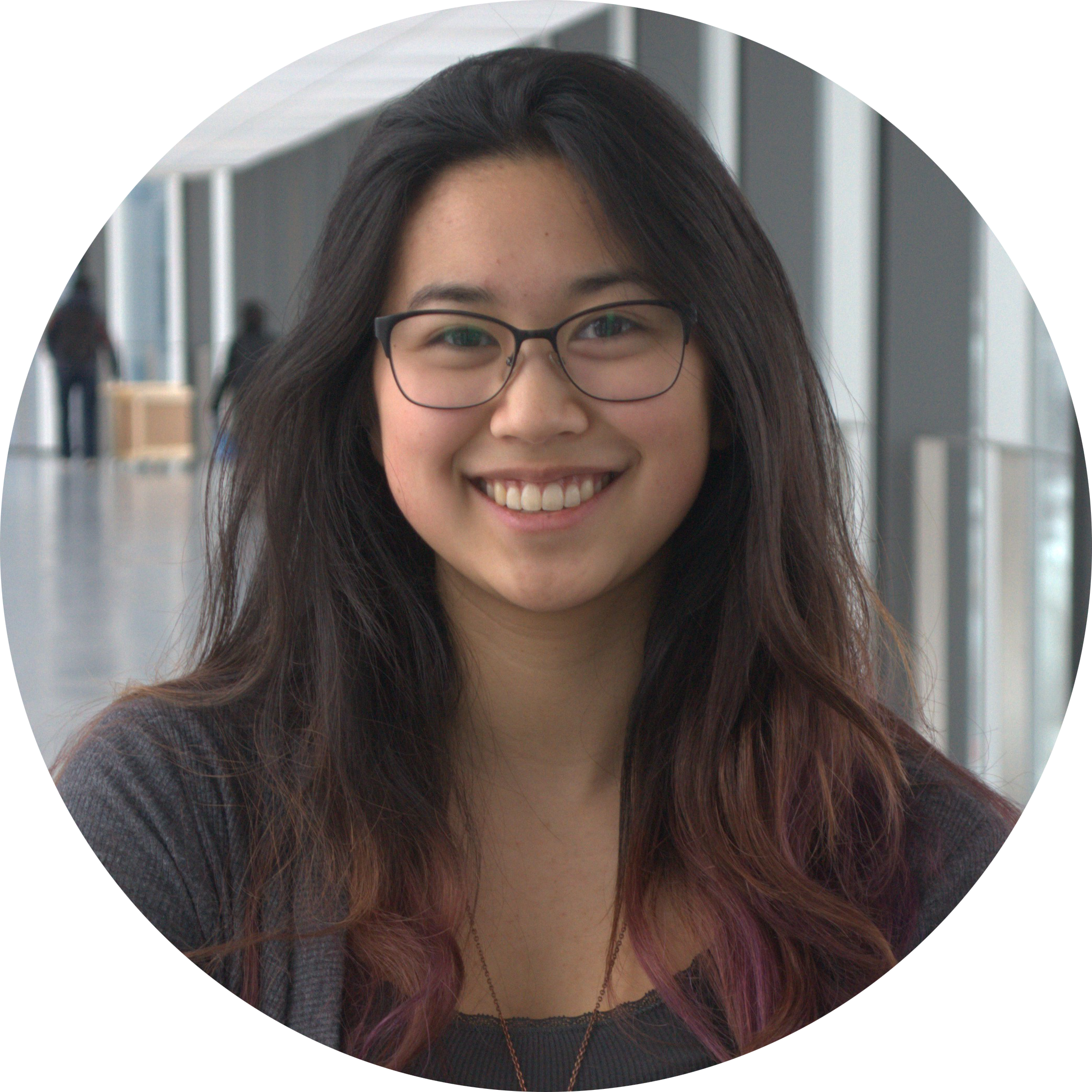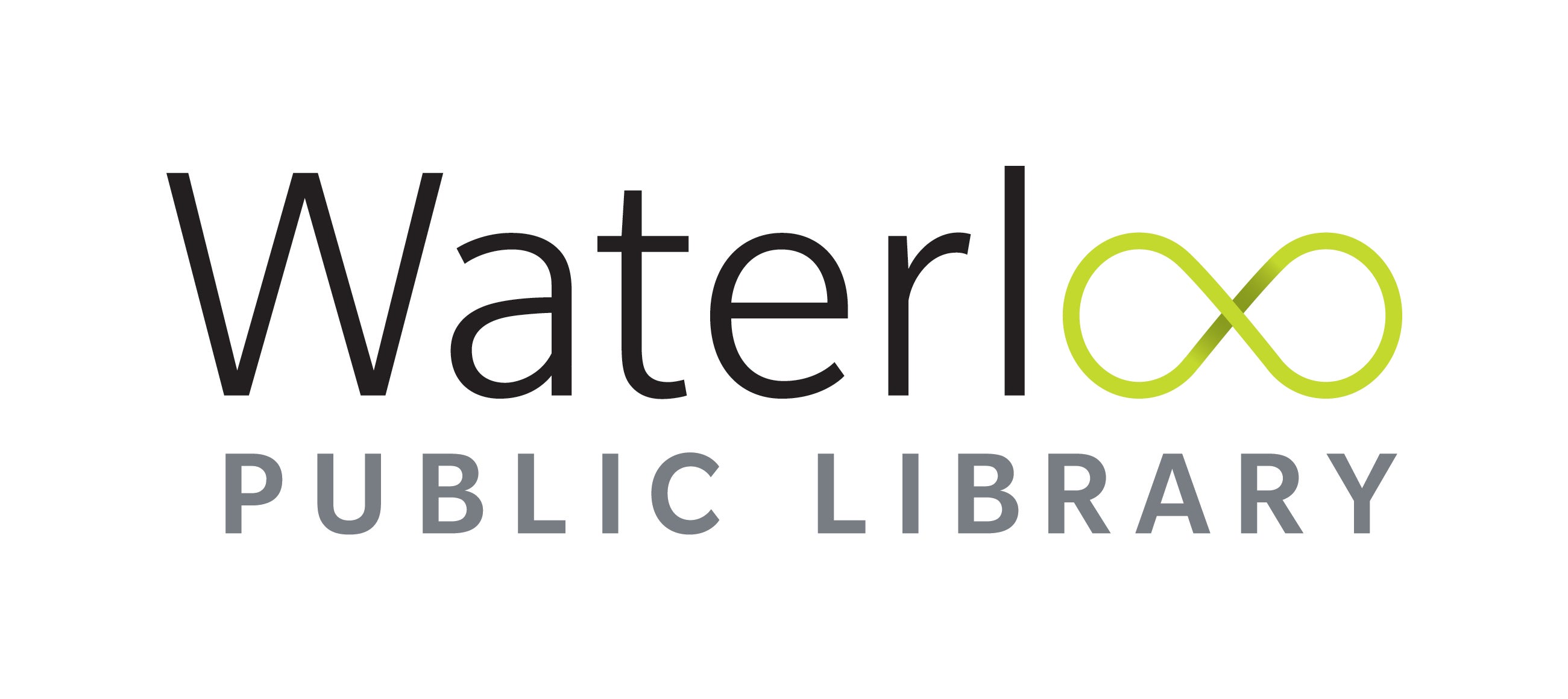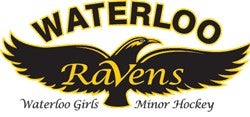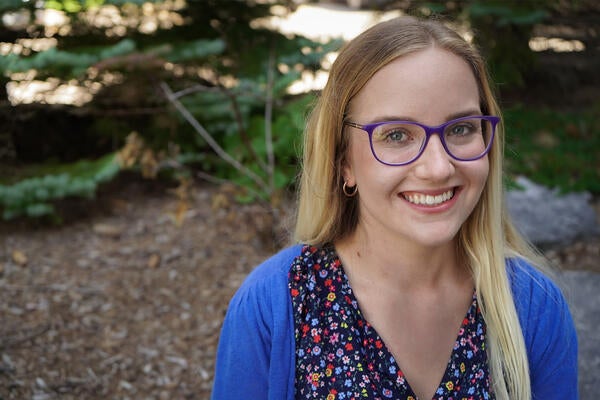
2019 President’s Community Impact Awards
Community members recognized for their leadership and impact through volunteer work, outreach and service to Waterloo region

Community members recognized for their leadership and impact through volunteer work, outreach and service to Waterloo region
By Emma Johnston University RelationsFor the third year in a row, the University of Waterloo is pleased to recognize four outstanding community members as recipients of the President’s Community Impact Awards.
Alison Boyd and Mariko Shimoda will receive Community Leader awards for their outstanding volunteerism and community outreach. The Stork Family YMCA and Waterloo Public Library, John M Harper Branch along with the Waterloo Ravens Girls Minor Hockey Association will receive the University Champion awards in recognition of their incredible partnerships with the University of Waterloo. This year’s winners will be announced at the President’s Community Breakfast on November 22.


As a current Engineering student, Shimoda inspires her fellow students to get involved in their community. Through the Faculty of Engineering and the Waterloo Undergraduate Student Association, she has led outreach with elementary aged children at THEMUSEUM, Canstruction for The Food Bank of Waterloo Region, and takes part in the Toronto Pride parade. Through programs like Women in Engineering, Mariko is passionate about inspiring young girls to become involved in STEM. Shimoda is committed to the well-being of her fellow students; she developed a mental health resource kit and is as an active member of RAISE, Waterloo’s racial advocacy and equity club.


The Stork Family YMCA and Waterloo Public Library’s John M. Harper branch on the University’s north campus have been partners in the Waterloo West Neighbourhood Fest (WWNF) since it began in 2012. The annual event is a free full-day, drop-in event programmed exclusively by first year students in the Department of Recreation and Leisure Studies. Now in its eighth year, the event has reached over 2,500 participants. Staff and volunteers go beyond their job responsibilities to support the students. They meet with the course instructor, visit students in their class, evaluate students’ programming ideas, and provide organizational support to promote and implement the event. Without their commitment, the WWNF could not happen.

The Waterloo Ravens Girls Minor Hockey Association has partnered with Warrior hockey programs for the past eight years. Initially sparked by a connection when a Pee Wee team invited varsity athletes to assist with on-ice skill development, the positive experience led to a strong, long-term partnership involving 16 teams and a number of specialty programs for girls as young as three years old. To date, more than 1,000 girls and 200 coaches have taken part. Going well beyond skill development, the Warriors varsity athletes act as positive role models for the girls and the athletes have the opportunity to build their own leadership skills and sense of community pride.
Acknowledging efforts in volunteerism, philanthropy and community engagement among others, the awards exist to celebrate those who truly make an impact in the greater community.
The Community Leader awards recognize a current University of Waterloo student, faculty, or staff member who positively impacts the community, while the University Champion awards recognize an individual or organization from the Region of Waterloo or the city of Stratford who has championed the impact of the University through partnership or working with its members.
Nominations for the awards can be submitted through the Office of the President’s website. The guidelines for supporting documentation are also available.
Congratulations to this year’s winners for their extraordinary work in the community.

Read more
Students, supporters, and alumni honoured

Read more
Strategic Plan 2020-2025 will guide Faculty for next five years

Read more
When donating to Waterloo’s United Way campaign, you’re often helping people closer than you think
The University of Waterloo acknowledges that much of our work takes place on the traditional territory of the Neutral, Anishinaabeg, and Haudenosaunee peoples. Our main campus is situated on the Haldimand Tract, the land granted to the Six Nations that includes six miles on each side of the Grand River. Our active work toward reconciliation takes place across our campuses through research, learning, teaching, and community building, and is co-ordinated within the Office of Indigenous Relations.